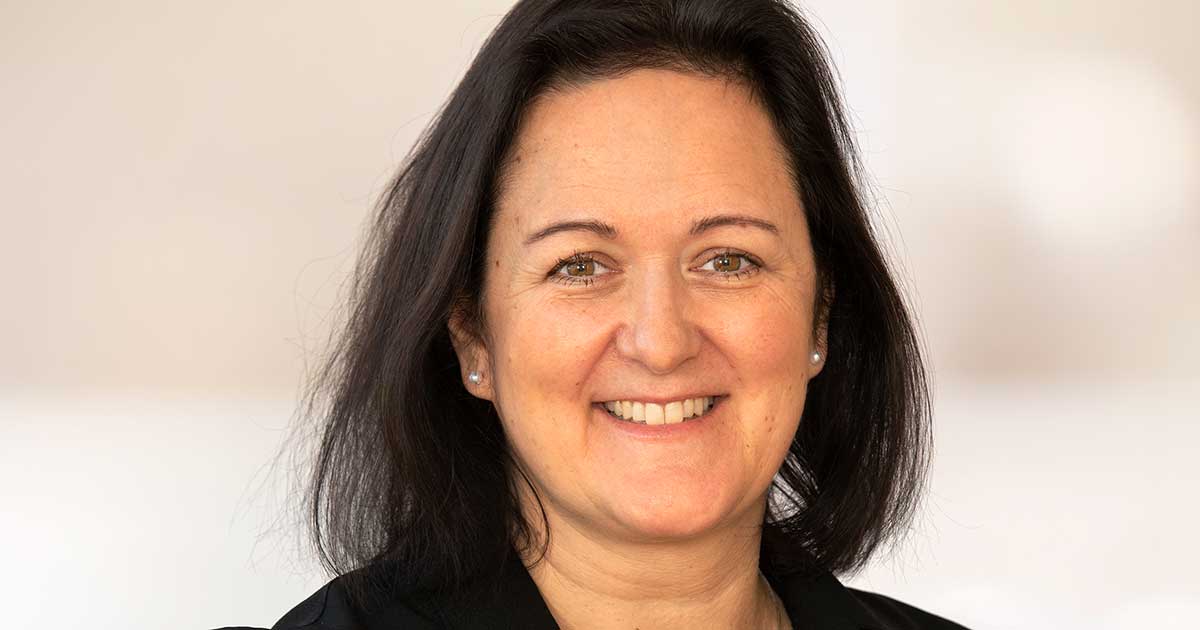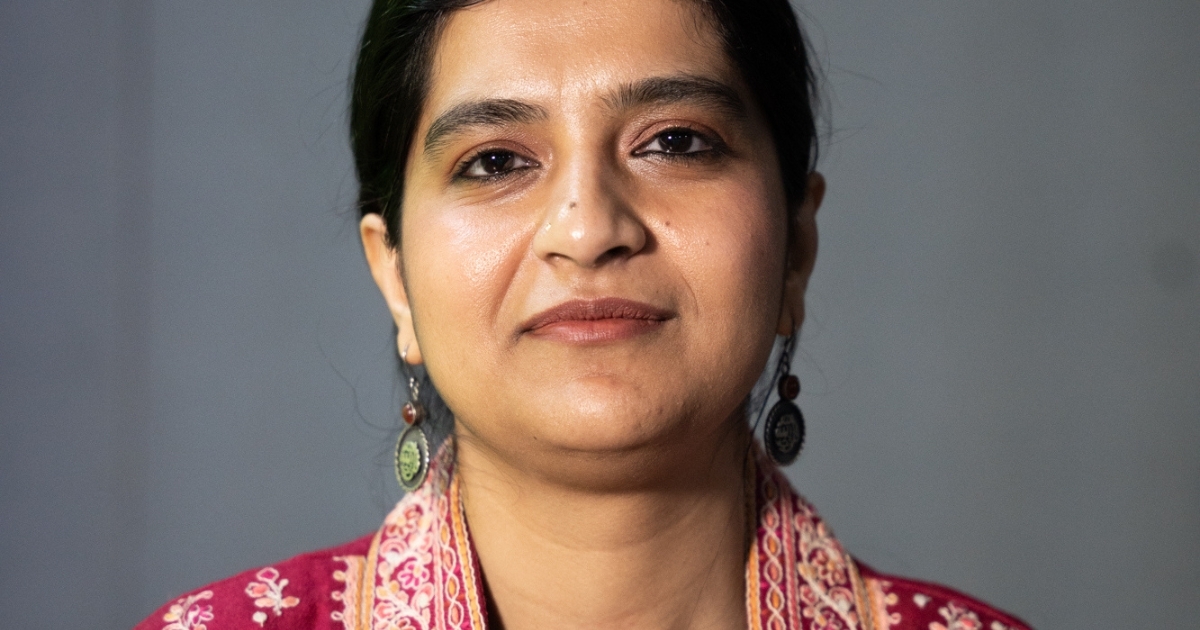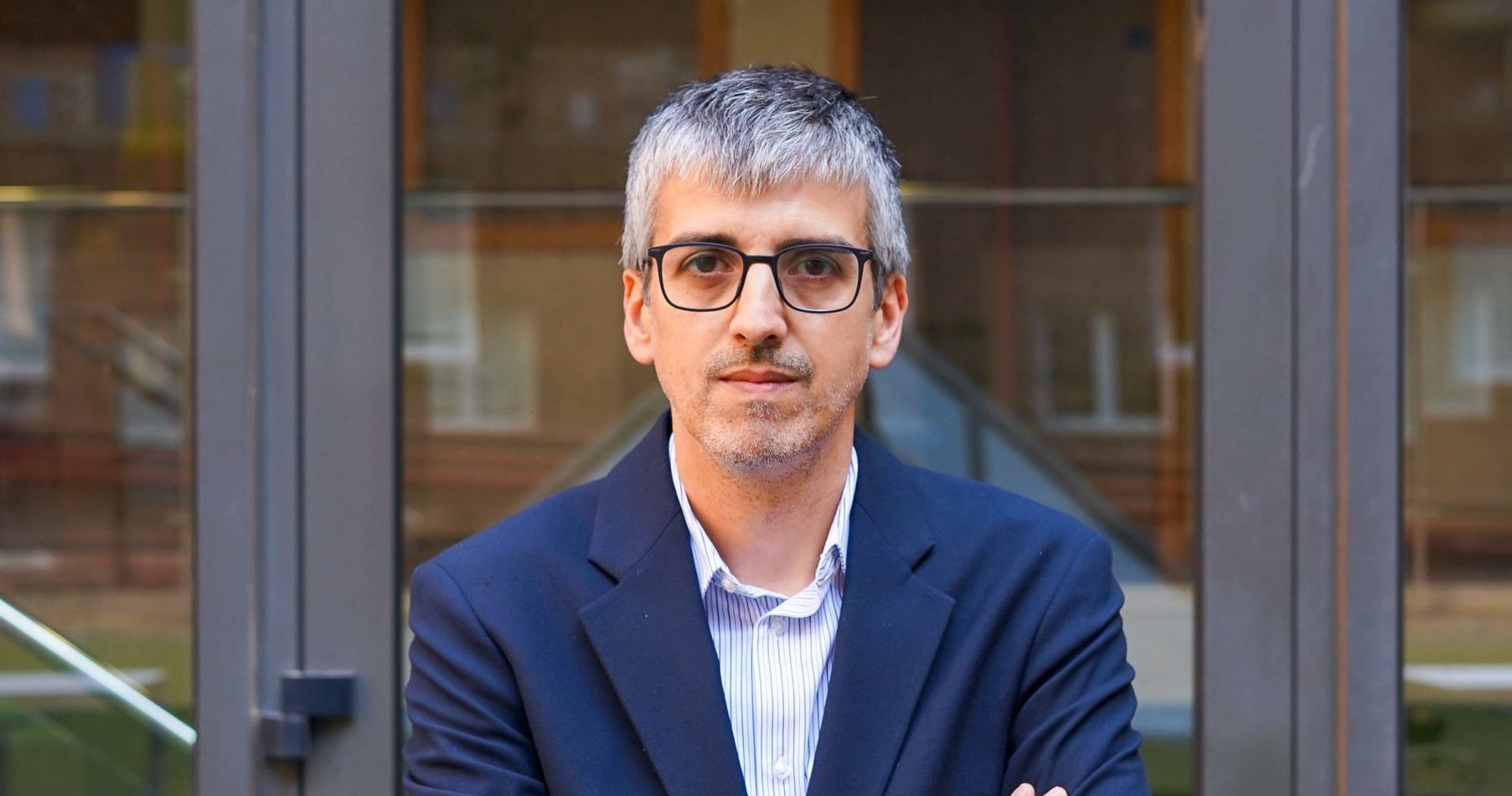Cette publication est également disponible en :
Français
Mieke Van de Capelle is the Chief Human Resources Officer at Firmenich, the world’s largest privately owned fragrance and flavour company. We interviewed her about how she approaches diversity, equality and inclusion in her work.







